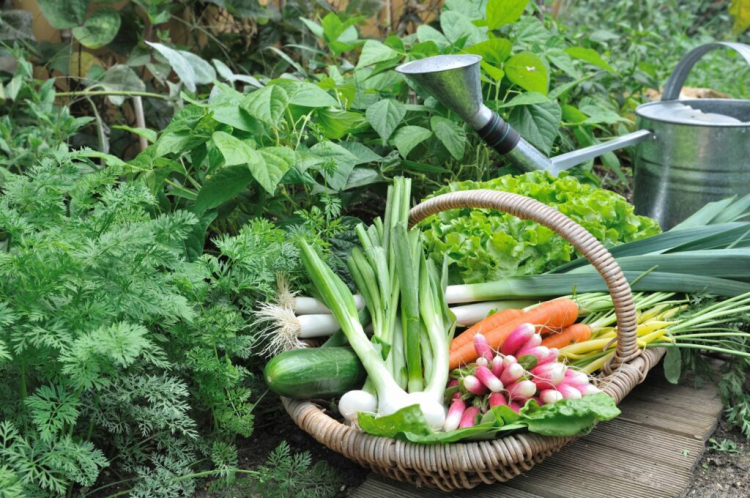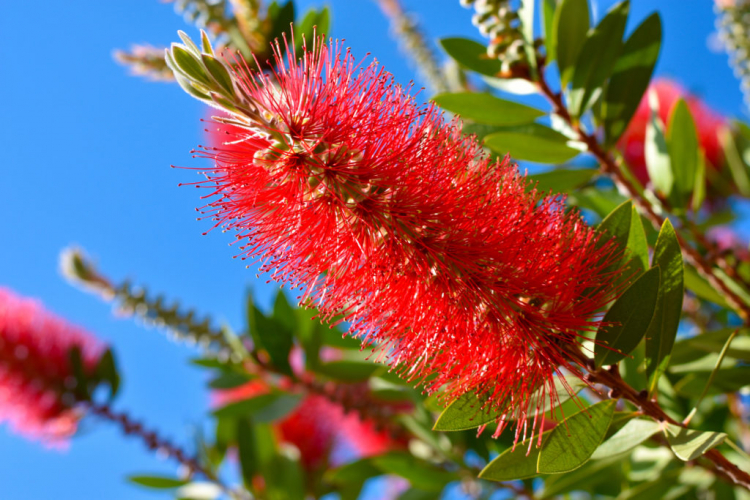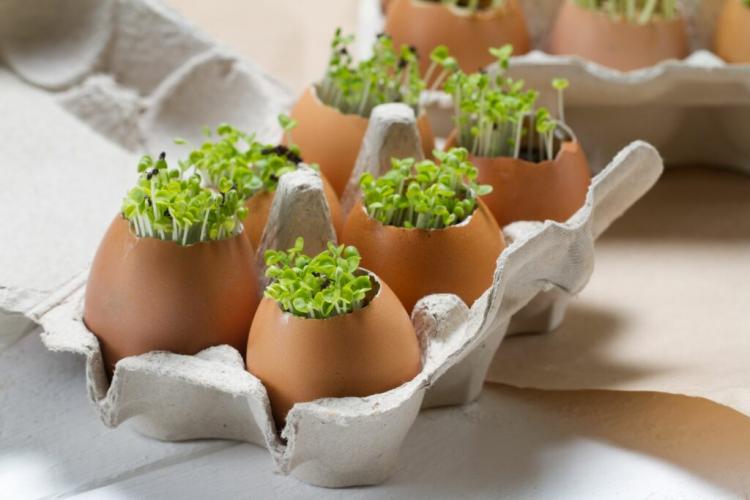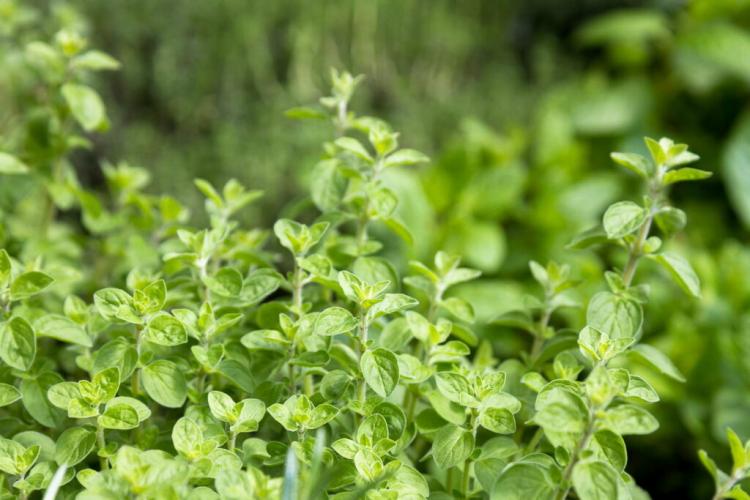Vegetable Fertilizer: Properties, Benefits And Uses
Again and again, you come across special vegetable fertilizers in the trade. What makes them so special, how do they work and what are they suitable for? We’ll enlighten you. Homemade vegetables from your own garden taste best for everyone. Therefore, you should pay attention to an optimal supply of nutrients in the vegetable patch in order to benefit from it. Special vegetable fertilizers can help us to optimally supply our vegetable patches with nutrients.
The different types of vegetables in our gardens also require individual care and fertilization. This is one of the reasons why there is a large amount of vegetable fertilizer on the market. These differ in their nutritional composition and are therefore suitable for a wide variety of vegetable crops.
Vegetable fertilizer: composition and peculiarities
Table of Contents
Vegetable fertilizers contain a balanced ratio of the main nutrients nitrogen (N), phosphorus (P), and potassium (K). These nutrients are indispensable for vegetables because nitrogen is important for building protein, phosphorus is necessary for building DNA, and carbohydrates and potassium are an important part of cell sap. However, each of these fulfills nutrients many other functions in plants.
Vegetable fertilizers are offered in a wide variety of forms, because they are available in solid form, as granules, or as fertilizer sticks. But a liquid version is also available on the market. Mineral vegetable fertilizers and vegetable fertilizers that have an organic basis are also available. A lot of vegetable fertilizer even has a long-term effect for several months. If you want to learn more about slow-release fertilizers, you can find more information on this topic here in our special article.
Which types of vegetables need special vegetable fertilizers?
Certain vegetables require more nutrients. These include cabbage vegetables such as cauliflower ( Brassica oleracea var. Botrytis ) or broccoli ( Brassica oleracea var. Italica ), but also fruit vegetables such as tomatoes ( Solanum Lycopersicum ) or peppers ( Capsicum ). Vegetables such as tomatoes, potatoes ( Solanum tuberosum ), pumpkins ( Curcurbitaceae ), or cucumbers ( Cucumis sativus ) also need an extra portion of potassium in order to grow optimally. Therefore, special vegetable fertilizers always contain a larger proportion of this substance.
You might so like: What Is Compost? Properties, Origin, And Yield
Vegetable fertilizer: effects and benefits
Vegetable fertilizers should guarantee balanced growth and an optimal supply of nutrients for a wide variety of vegetables. We must therefore pay particular attention to the heavily consuming vegetables because these plants need an extra portion of nutrients in order to be productive.
Many vegetable fertilizers on the market have a long-term effect in order to provide the vegetables with nutrients for several months. This way you don’t have to re-fertilize as often and the vegetable plants are guaranteed to grow evenly and vigorously. For vegetable fertilizers, you should always use fertilizers that contain potassium, as this nutrient is very important for vegetables. Optimal vegetable fertilization with potassium guarantees a firm tissue of the vegetable.
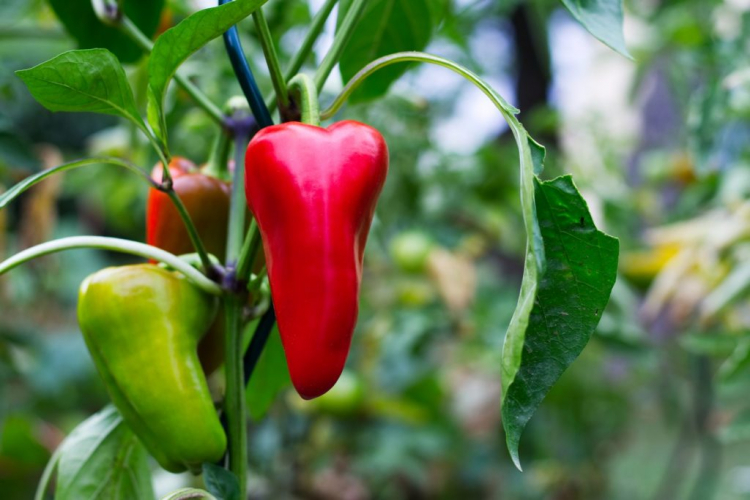
If you rely on organic fertilizers, you not only strengthen the plants but also take care of the soil at the same time. Natural fertilizers ensure the best possible humus formation and protect the environment.
You Might Also Like Is Cauliflower A Man Made Vegetable?
Use of vegetable fertilizer for tomatoes
If you want to bring in a decent vegetable harvest, it is necessary to use vegetable fertilizer. You can use fertilizer sticks, organic natural fertilizers, mineral fertilizers, or even liquid fertilizers. The choice of fertilizers is ultimately very large.
You might so like: Lawn Fertilizer For Dog Owners: What To Look For?
Organic vegetable fertilizer
With organic vegetable fertilizers, we not only supply the vegetables with nutrients but also create an optimal environment for the organisms in the soil and promote the structure of the soil. Organic fertilizers largely consist of plant and/or animal products and are exactly the right choice for sustainable working methods. Manure from different animals and compost are also considered organic fertilizers.
The organic vegetable fertilizer, which consists mainly of organic raw materials and is completely animal-free. It has an NPK ratio of 4 – 3 – 8 and contains an additional 2% magnesium. It is therefore not only ideal for tomatoes but is also suitable for pumpkins ( Cucurbita ), peppers ( Capsicum ), radishes ( Raphanus ), cauliflower ( Brassica oleracea var. Botrytis ), and many other vegetables.
Mineral vegetable fertilizer
Since the nutrients in mineral fertilizers are usually in a form in which they can be directly absorbed by the plants, they work faster than organic fertilizers, which first have to be broken down by microorganisms. Acute deficiency symptoms can be quickly compensated for with mineral fertilizers, but mineral fertilizers are also more easily washed out. In addition, mineral fertilizers do not build up any humus compared to organic fertilizers. Without such a humus build-up, the fertility of the soil will decrease over time. We, therefore, recommend that you only use mineral fertilizers in the event of an emergency.
Make vegetable fertilizer yourself
It is not very complicated to make vegetable manure yourself, because compost and plant manure are particularly suitable as such. To make compost, you only need kitchen waste such as vegetable scraps, fruit scraps, or coffee grounds, and lawn clippings can also be optimally composted.
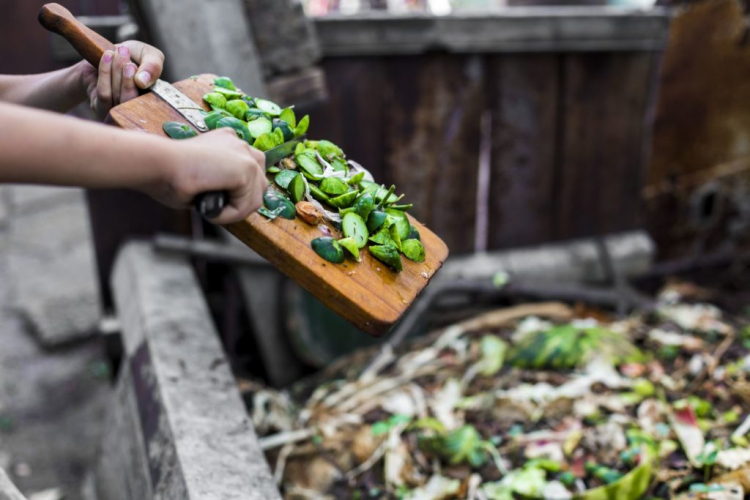
The more you shred the material, the faster the composting will proceed. This way, you will get an excellent vegetable fertilizer. If you want to learn more about how to make compost, check out our special article on the subject.
Another self-made vegetable fertilizer is plant manure. Parts of the plant are placed in water and fermented in it. Liquid manure from nettles, comfrey, and marigolds, for example, are suitable as vegetable fertilizer. These supply vegetables with nutrients and also have a strengthening effect on the plants.
You might so like: How To Grow Microgreens: Step By Step Growing Guide
Various manure, teas, and broths can be used as vegetable fertilizer:
- As a foliar fertilizer, valerian tea strengthens blooming and fruit-bearing vegetables. You need 30 to 50 g of valerian flowers ( Valeriana officinalis ), which you scald with 2 liters of boiling water. Let the tea brew and dilute it with another 8 liters of water.
- Comfrey manure is made from 1 kg of comminuted comfrey leaves ( Symphytum Officinalis ) that are fermented in 10 liters of water. The manure is diluted in the ratio of 1:10 and the plants are watered with it. This liquid manure is rich in minerals as well as nitrogen and potassium. Therefore comfrey manure is ideal for tomatoes and cabbage vegetables. But it is also suitable as an addition to compost because it promotes the conversion processes in the compost.
- Fennel manure can have a good fertilizing effect if it is used alternately with nettle manure and comfrey manure. To do this, 1 kg of fresh fennel shoots ( Foeniculum vulgare ) is fermented in 10 liters of water and then diluted 1:20.

- Dandelion manure is particularly suitable for fertilizing tomatoes and cabbage vegetables. To do this, about 2 kg of dandelion plants ( Taraxacum Ruderalia ) are fermented in 10 liters of water. After two weeks you can finally use it. You can use the liquid manure either undiluted or diluted in a ratio of 1: 5. Dandelion manure is also an ideal addition to compost.
- Marigold manure is also suitable for fertilizing cabbage vegetables and tomatoes and should be used diluted in a ratio of 1:10. This requires 1 kg of marigold petals and stems ( Calendula officinalis ), which are fermented in 10 liters of water. But other vegetables and herbs are also happy to be fertilized with marigold manure.
So you can find many useful plants in your garden as well as in meadows that you can use to make manure. These strengthen your plants and can support fertilization with special vegetable fertilizers.
You Might Also Like Batavia Lettuce
